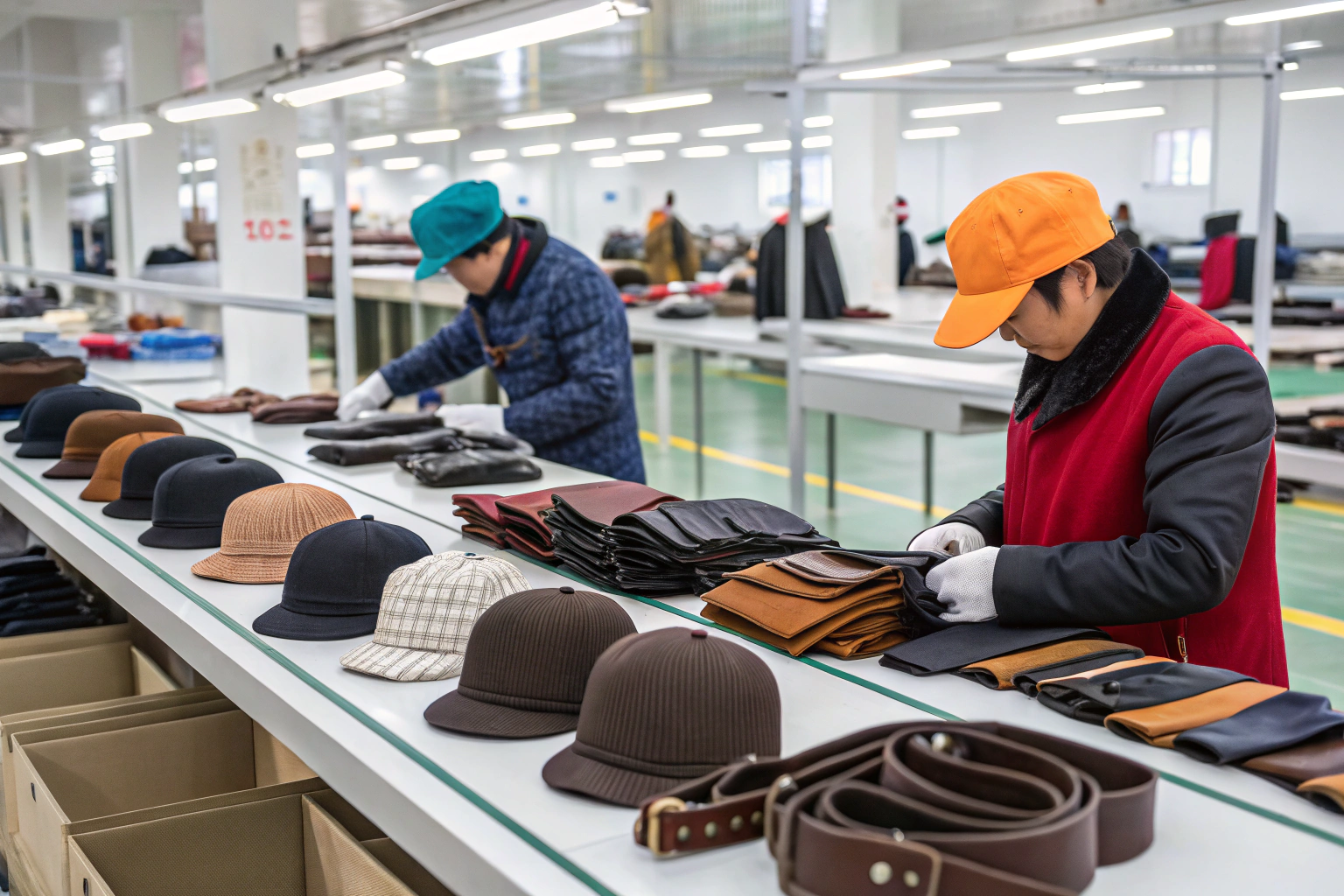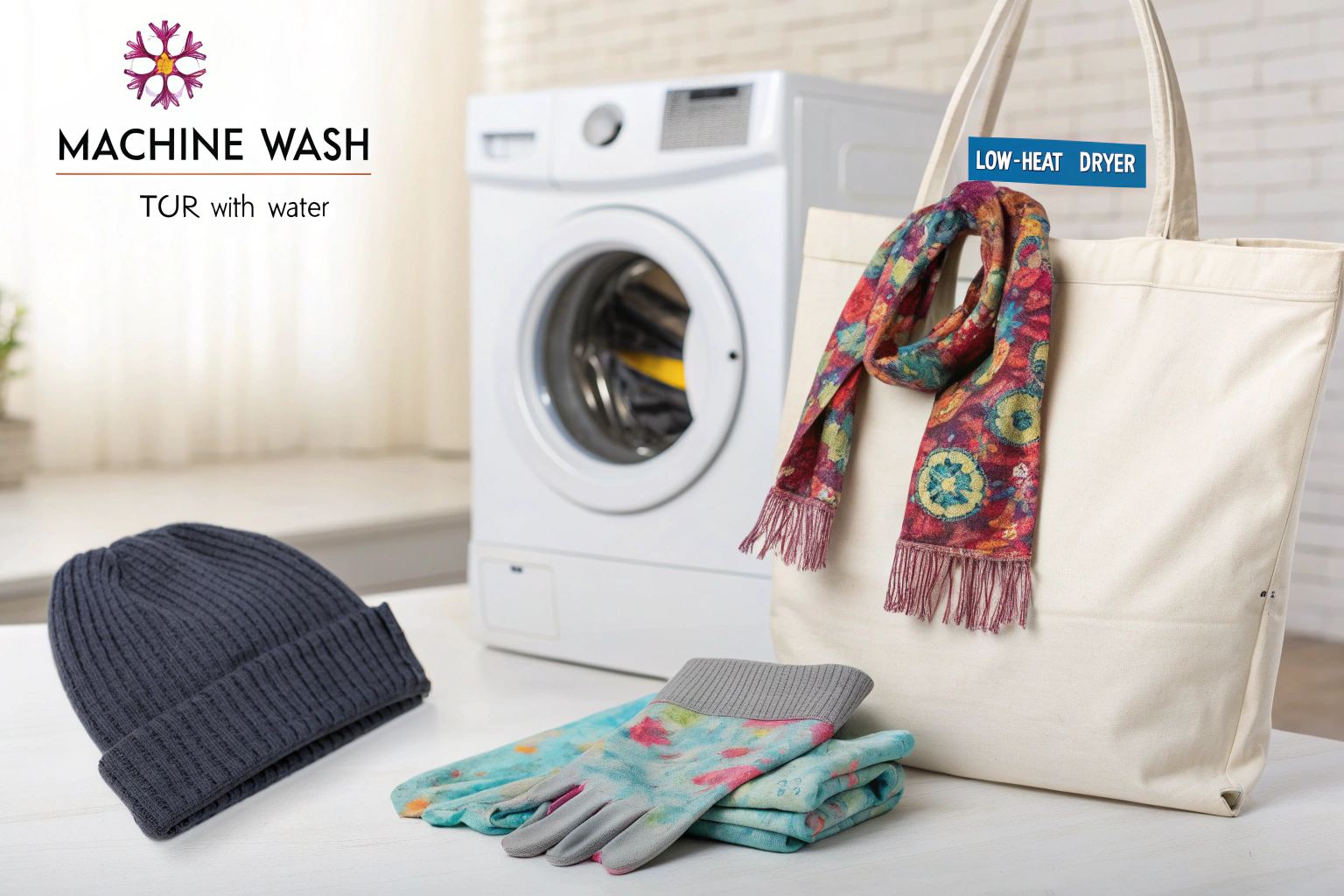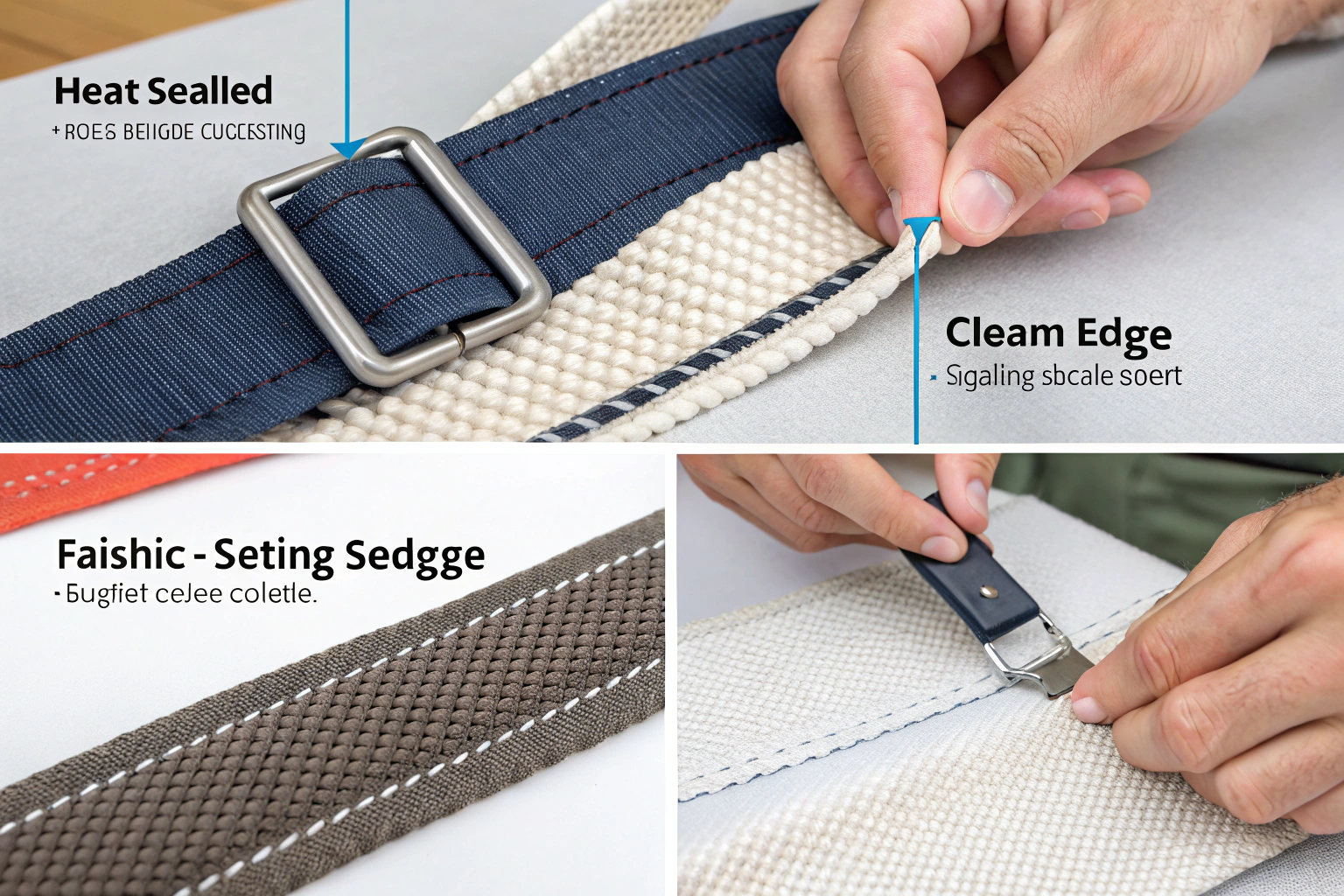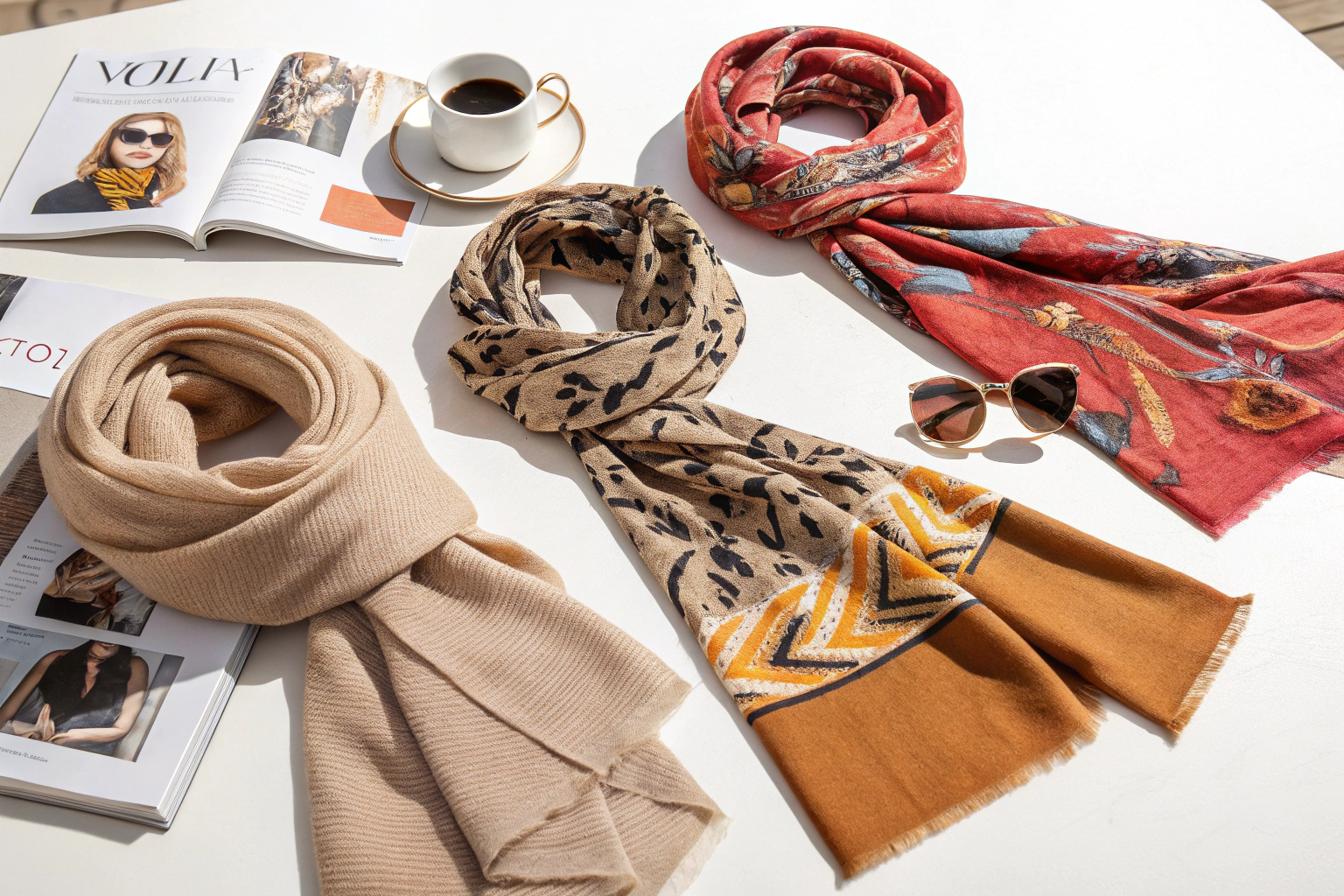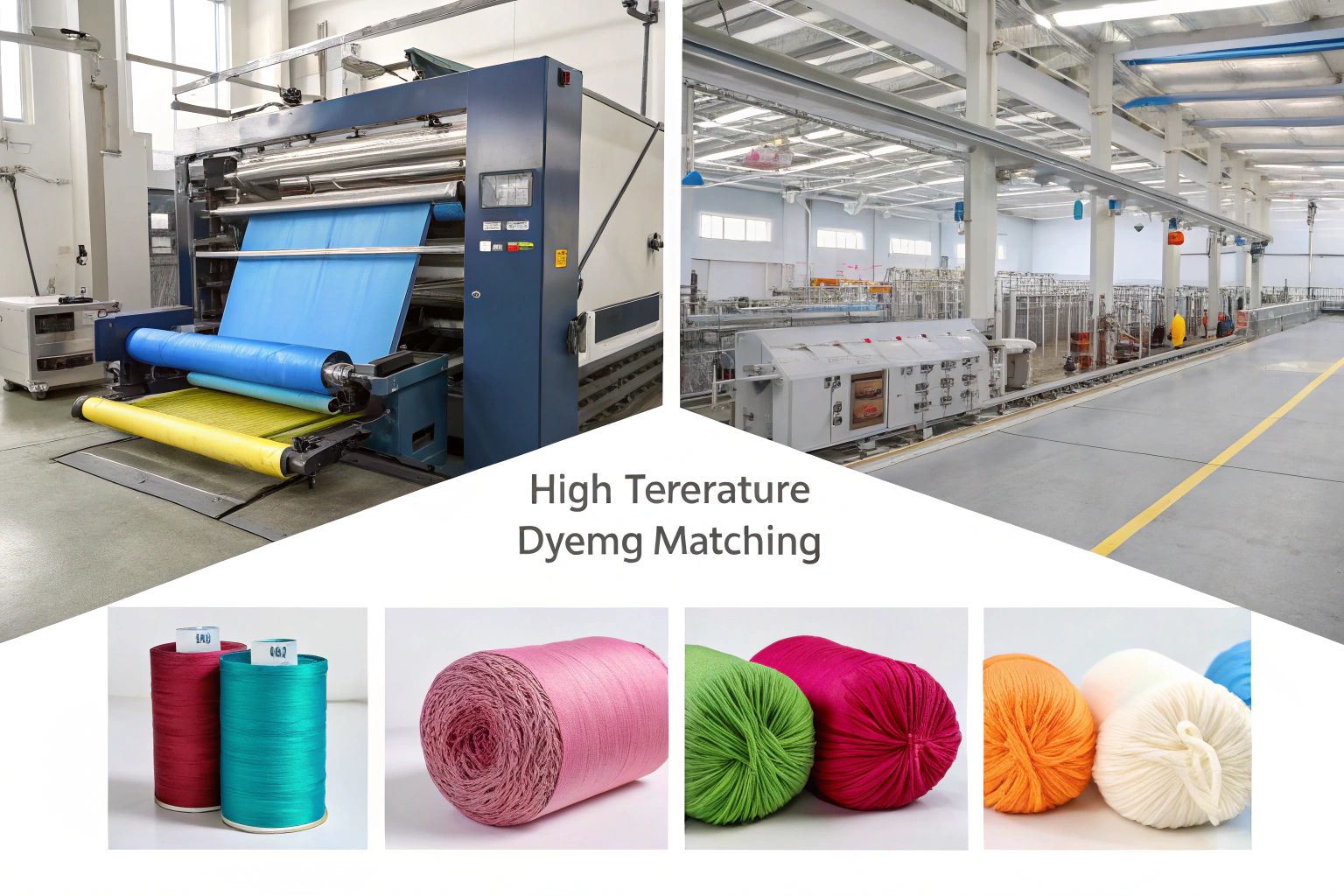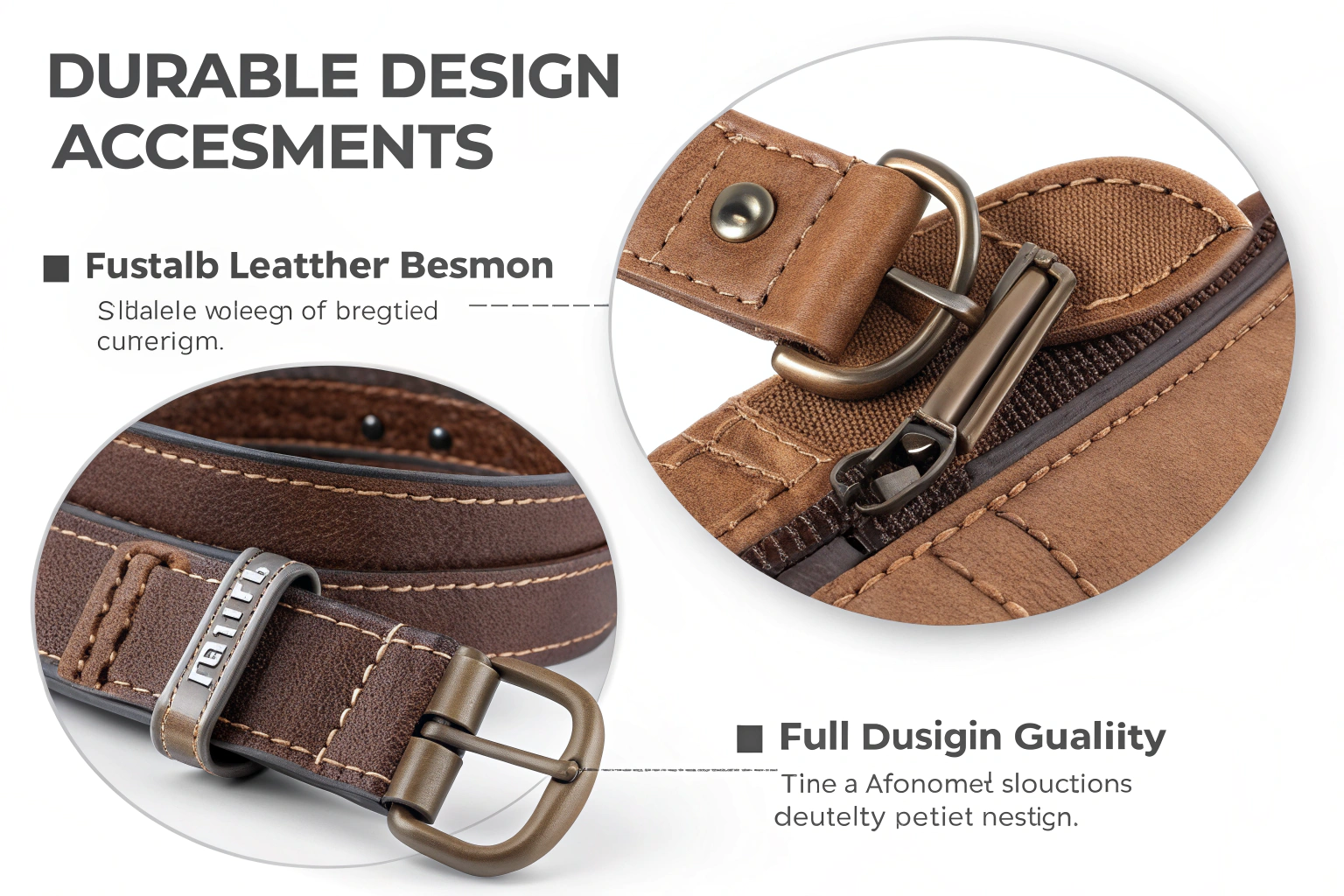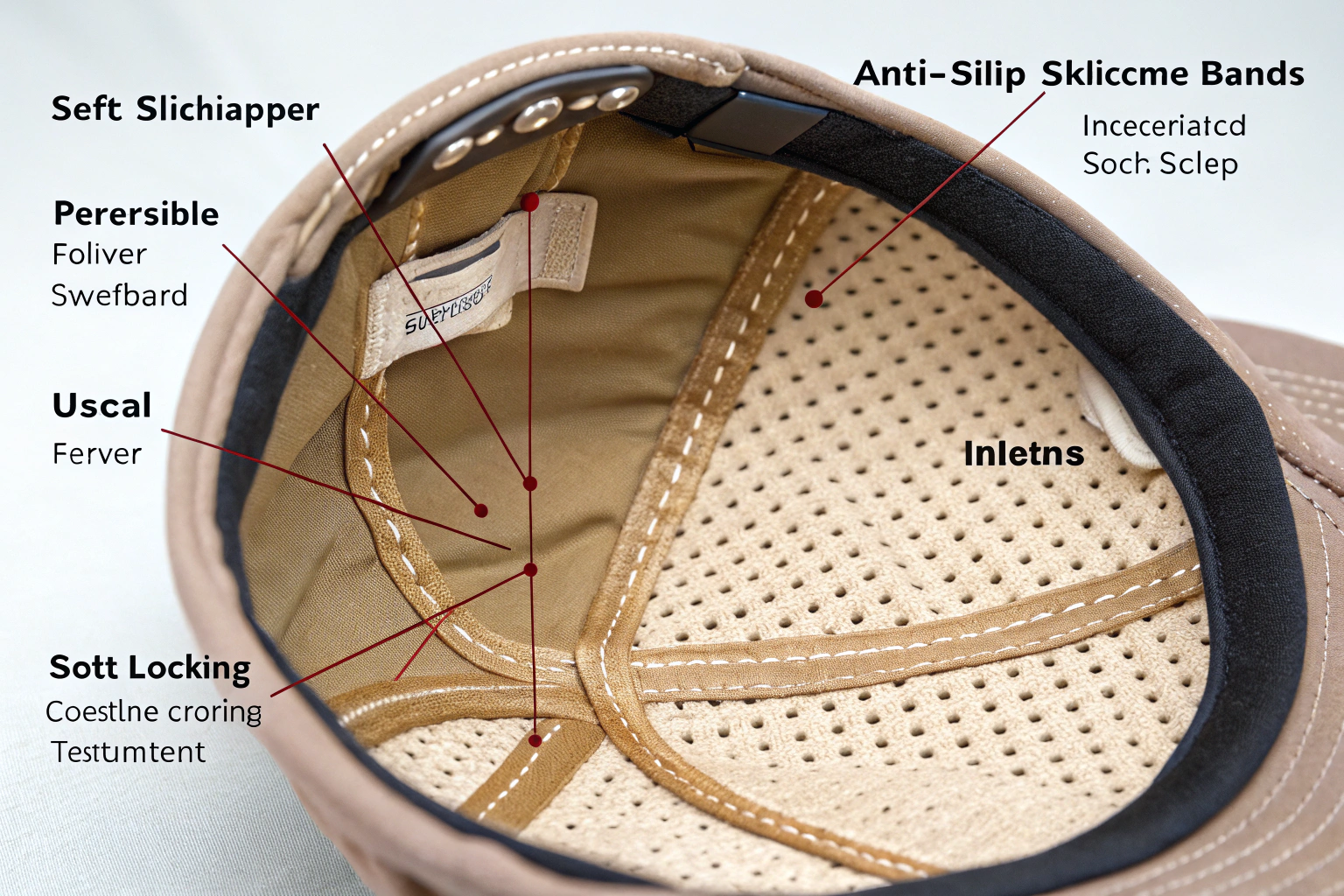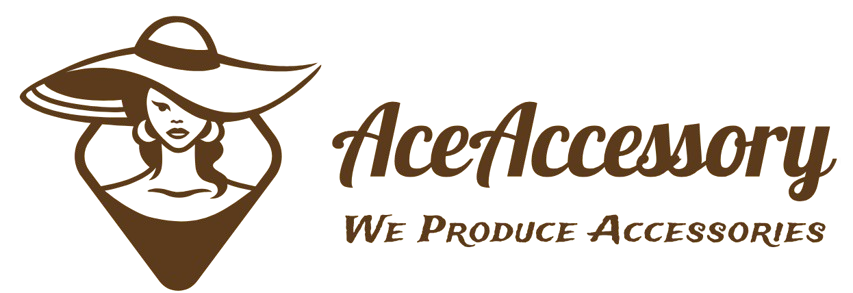When U.S. and European buyers search for reliable sourcing from China, one of their main concerns is not only product quality but also whether their orders will be cleared quickly and cost-effectively at destination ports. Shipping accessories to South Africa comes with its own set of rules, and if you overlook them, your goods could face delays or even rejection at customs. This is where many importers lose money and time.
The regulations for shipping accessories to South Africa require importers and exporters to pay close attention to duties, VAT, documentation, restricted items, cargo tracking, and Incoterms. By following these rules, companies can reduce risk, cut costs, and guarantee smoother customs clearance.
As a factory owner in Zhejiang Province, I know firsthand how important it is for our clients in America, Europe, and South Africa to feel confident that logistics and compliance will not become roadblocks. Let me guide you step by step through the key regulations.
Understanding Import Duties and VAT in South Africa
South Africa is one of Africa’s largest import markets, and accessories are a growing category. However, one common problem buyers face is unexpected cost increases due to import duties and value-added tax (VAT). If you fail to calculate these charges correctly before shipping, the landed cost may exceed your expectations.
Import duties in South Africa for accessories range from 0% to 45% depending on classification, while VAT is applied at 15% on the customs value plus duty. This means importers must budget not just for product and freight, but also for government charges.
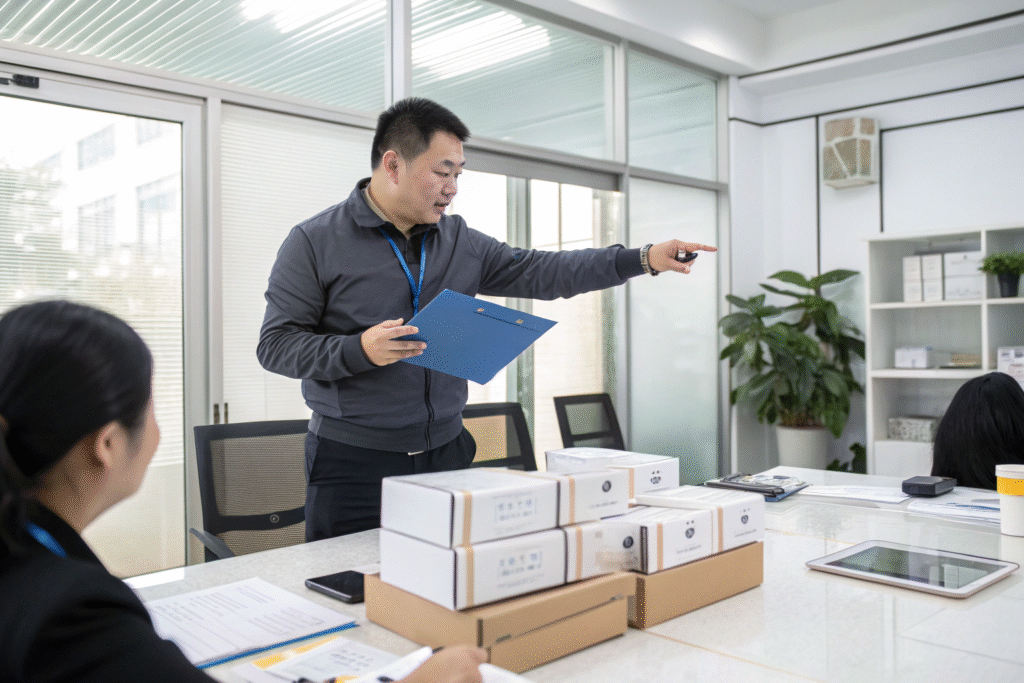
Accessories such as hair clips, scarves, and gloves often fall under textile or apparel HS codes. For example, belts may carry higher duties than caps, while umbrellas might fall into their own category. The exact classification is key because a small change in HS code can shift duties dramatically. According to Africa Business, accessories under textile categories may attract higher tariffs than synthetic materials.
What import duties apply to accessories?
South Africa follows the Harmonised System (HS) for customs. Import duties for accessories are usually calculated on the FOB value (free on board), meaning the value of the product plus packaging and loading costs at the port of departure. As One Stop Import notes, rates vary widely. For example, leather belts can attract up to 30% duty, while knit hats may face 20% depending on composition. This is why accurate product descriptions on invoices are so important.
Is VAT applied on imported accessories?
Yes. All imported goods are subject to VAT at 15%. The formula is: VAT = (customs value + duty) × 15%. For example, if your shipment of hair bands is valued at ZAR 10,000 with a 20% duty of ZAR 2,000, then VAT will be ZAR 1,800. According to SARS, failure to pay VAT correctly will stop clearance until corrected.
Required Documentation and Customs Clearance
Without the right documents, your shipment cannot clear customs, no matter how attractive your accessories are. Many importers underestimate the complexity of South African documentation rules and assume that standard papers will suffice. Unfortunately, missing or inaccurate forms often lead to long delays and storage costs.
To ship accessories into South Africa, you need a complete set of commercial documents including invoice, packing list, bill of lading, certificate of origin, and in some cases import permits. Customs clearance is only possible if all information matches.
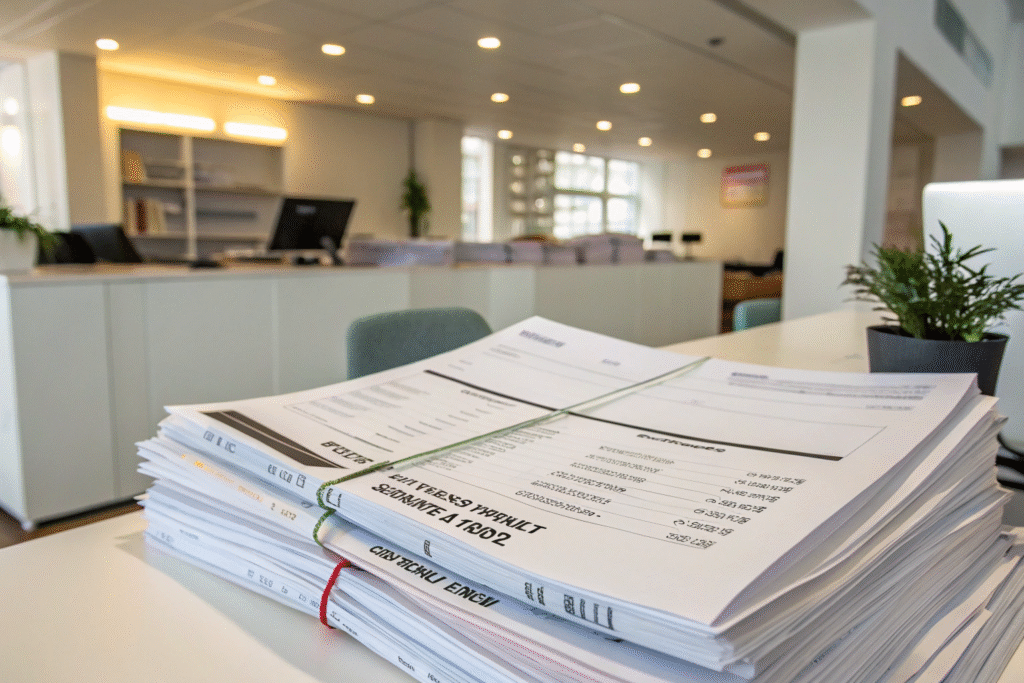 actory-manager-presenting-do-1-1024x683.png)
actory-manager-presenting-do-1-1024x683.png)
Each accessory shipment must follow the requirements of the South African Revenue Service (SARS). For high-volume importers, errors in paperwork can cost tens of thousands of rand in fines.
What documents must be prepared?
The standard list includes:
- Commercial invoice: Must list accurate product descriptions, HS codes, unit prices, and country of origin.
- Packing list: Should include details like number of cartons, weight, and dimensions.
- Bill of lading (B/L): Provides proof of shipment.
- Certificate of origin: Required for trade agreements or to verify country of manufacture.
As Trade.gov notes, additional import permits from ITAC may be required for textiles and leather goods. According to Splygo, incomplete or mismatched documents are the leading cause of customs delays.
Are there any logistical or legal checks?
Yes. Shipments must comply with packaging standards. Wood packaging, pallets, or crates must meet ISPM 15 international requirements. As FIDI explains, untreated wood packaging is not allowed. Importers should also prepare for inspection of declared values to prevent under-invoicing.
Restricted or Prohibited Items, Permits, and Local Agent Requirements
Even though accessories such as scarves and hats are generally safe to import, not all goods are allowed. South Africa has strict rules for used, counterfeit, or imitation products. Many new importers assume they can test the market with low-cost items, but ignoring restrictions can result in seizure of goods.
Importing accessories into South Africa requires ensuring that goods are new, original, and fully declared. For some product categories like textiles or leather, ITAC import permits may be necessary.

Working with a local agent is strongly advised, especially if you are exporting for the first time.
Are any accessories restricted or prohibited?
Yes. According to Intergest South Africa, South Africa prohibits the import of used clothing, accessories, and counterfeit goods. Imitation branded goods will be confiscated. Furthermore, items that fall under health or safety concerns (e.g., accessories with batteries or electronics) may require additional approval.
Do I need a permit or local agent?
For regulated categories, an import permit from ITAC is required. Splygo states that failure to present a valid permit may result in penalties. Foreign exporters are also advised to appoint a registered customs broker or agent in South Africa to speed up clearance. As DHL explains, a local agent ensures that documents and tariffs are processed correctly.
Special Requirements: Cargo Tracking, Trade Terms, and Duties Updates
Beyond duties and documents, South Africa has additional compliance rules. Failure to follow these can cause shipment holds. Many importers are unaware of the Electronic Cargo Tracking Note (ECTN) requirement until their goods are already on the water.
South Africa requires an Electronic Cargo Tracking Note (ECTN), adherence to international Incoterms, and awareness of duty changes such as the July 2024 update on low-value parcels.
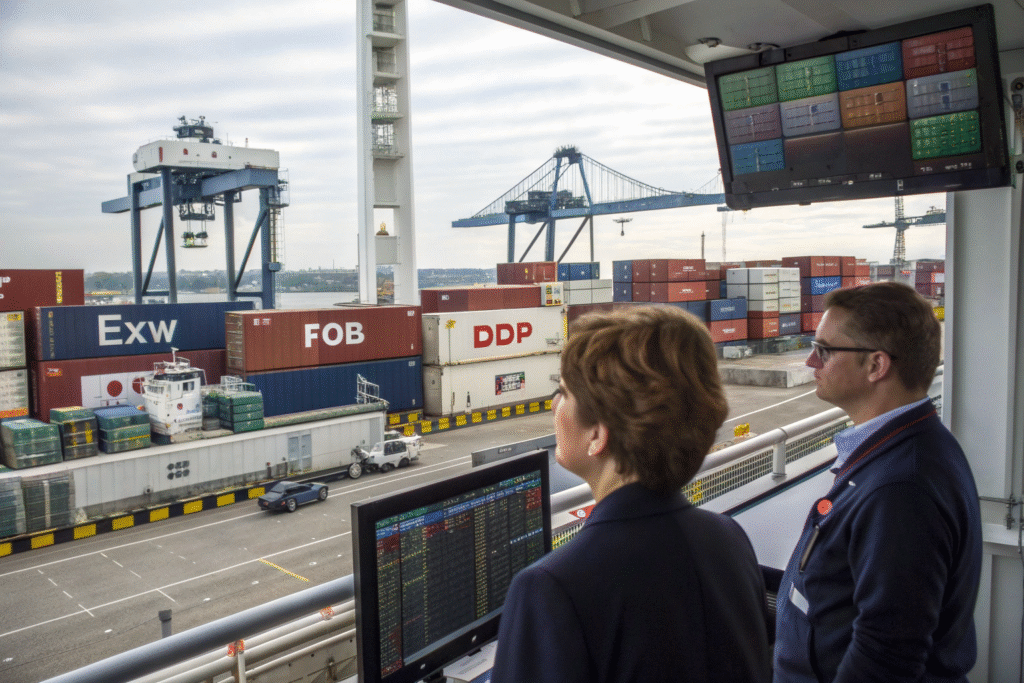
Choosing the right trade terms (FOB, DDP) affects both cost and risk, and not staying informed on recent tax changes can put importers at a disadvantage.
Is a tracking document like ECTN needed?
Yes. The Electronic Cargo Tracking Note is mandatory for shipments to South Africa. According to Wikipedia, ECTN allows customs to monitor cargo before arrival. Missing an ECTN can delay clearance and create extra costs. FIDI warns that non-compliance often leads to shipment rejection.
Which Incoterms should exporters use?
Incoterms define responsibility. FOB (Free on Board) means the exporter handles delivery until goods are on board at the port. DDP (Delivered Duty Paid) means the exporter covers all costs, including import duty and VAT. DHL recommends that new importers clarify terms before signing contracts.
Are there recent duty changes to be aware of?
Yes. In July 2024, South Africa introduced a 45% duty plus 15% VAT on all clothing imports valued above 500 ZAR. Shipments below this value are no longer exempted from VAT. Reuters reported that this change was aimed at protecting local retailers from cheap imports.
Conclusion
Shipping accessories to South Africa involves more than producing great products. Importers must calculate duties and VAT correctly, prepare precise documentation, avoid restricted goods, secure import permits when necessary, and use trusted local agents. Compliance with cargo tracking and Incoterms, as well as monitoring new tax policies, will save time and money.
As the owner of AceAccessory, a modern factory in Zhejiang, I know how critical these details are for American and European buyers. Our team has experience navigating South African regulations, and we can ensure your orders arrive smoothly. To start your own accessory production with us, please contact our Business Director Elaine at elaine@fumaoclothing.com. We look forward to working with you.

